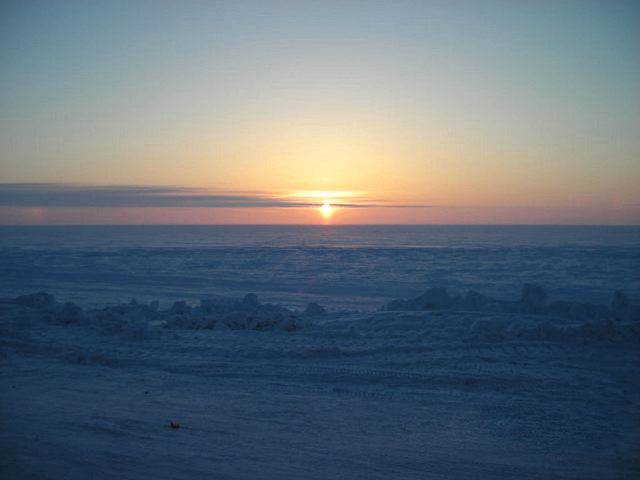As climate change affects the Arctic more and more quickly, scientists are working closely with native hunters to discover the mysteries of this region before they disappear. Many scientists do not spend sufficient time in the remote Arctic to record many significant biological events, such as narwhal skin molting and other behavior. Inuit hunters have spent their lives around these creatures and are very observant of their habits, lending previously unknown information to the scientists. As environmental conditions change rapidly, it is extremely important that we understand these fragile ecosystems and the effects of increasing industrial development in the Arctic, and this is why scientists and Inuit hunters continue to work together in a cooperative way.
Other Links:
NOS Themes:
Science is collaborative: The scientists and Inuits must work together to discover new information.
Role of motivation and curiosity: Many scientists may not be motivated enough to spend years in the Arctic, but native Inuits have always had a natural curiosity about their homeland.
Science is based on evidence: While reading this article I wondered if the Inuits were gathering data in the form of numbers or photographs, or if the scientists were relying on the Inuit’s observations alone. If that was the case, the role of credibility could be involved and credibility could be debated.
By Samantha Schnirring, Hour 1

No comments:
Post a Comment